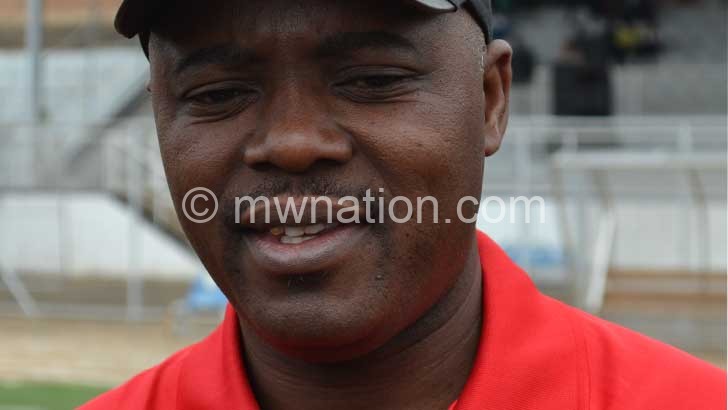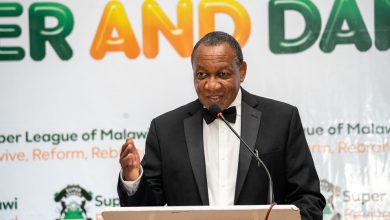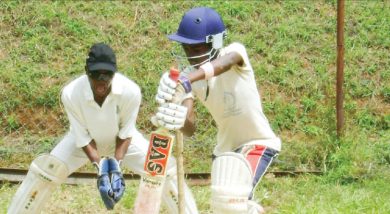36 associations operate without offices
Thirty-six of the country’s 43 sports associations continue to operate without secretariats over two years after the Malawi National Council of Sports (MNCS) evicted some bodies from its administrative block in Blantyre and told them to have own physical premises.
This comes despite the corporate world last year revealing that their lost interest in sponsoring sporting activities was mainly due to the associations’ lack of professionalism, especially physical addresses. They argued that the malaise gives them no confidence on the credibility of the sports entities.

Currently, only seven associations, namely, Football Association of Malawi (FAM), Netball Association of Malawi, Basketball Association of Malawi, Cricket Malawi, Chess Association of Malawi, Athletics Association of Malawi and Special Olympics Malawi have secretariats.
Among codes without offices are hockey, boxing, rugby, cycling, table tennis, lawn tennis, schools sports, weightlifting & body-building, paralympics, bowling, canoeing, draughts, chess, badminton, judo, taekwondo, kendo, pool, golf, korfball, handball, squash, wrestling, archery, aquatics, darts and gendaball.
MNCS acting executive secretary Henry Mereka said it is only after the associations acquire own physical addresses that they can ably regain the lost trust of the corporate world, “which complained about some associations’ tendency of calling for sponsorship meetings under trees or in car parks”.
He said: “It is only when the sports associations embrace the idea of having own physical addresses that they can be taken seriously and manage themselves properly.”
Meanwhile, the council has told all the associations to have secretariats this year or they will risk penalties such as being scrapped off from the list of beneficiaries of government support.
Most of the associations admitted that having a secretariat is the way to go, but they cited financial constraints as the major setback.
Said Hockey Association of Malawi (HAM) general secretary Lameck Fiwa: “Indeed we do not have physical offices at present, but we plan to rent one soon. We still have a few months to put our house in order and we are currently strategising on how we will be meeting the expenses.”
Volleyball Association of Malawi (VAM) general secretary Jailos Nkhoma yesterday said they are planning to gather resources for the establishment of their secretariat although Covid-19 worsened their situation.
“We need to plan and make sure that whatever is put in place is sustainable. As you know, rentals are expensive and staff at the secretariat will need to be paid. So, we cannot have the office without a proper plan. We also urge the council to help us on how best to do this,” he said.
Reacting to Mereka’s suggestion that the associations are at liberty to partner fellow bodies on acquiring offices to jointly operate from as a cost-cutting measure, Nkhoma said they are already in discussion with the Malawi Rugby Football Union (MRFU) for a possible joint venture.
“To say the truth, we cannot afford to have a secretariat as an individual association. This is why we would like to team up with MRFU in this aspect,” he said.
Sports analyst George Kaudza Masina said most sports associations lack of innovation.
“The problem with most of our sports associations is that they always look up to government for everything, which is unfortunate. As an association, it has to be able to source funds for its operations so that government should just be subsidising on international outings.”
Kaudza Masina said MNCS is partly to blame for the malaise because, over the years, it has been registering briefcase associations.
“Most of these associations do not have proper administrative set-up and the calibre of people running them are questionable as they have no clear vision yet they are given greenlight to be affiliated to the Council,” he said.
“The best thing is for the Council to crack its whip on these ‘problem children’ and set up clear guidelines for registering associations with a fully fledged secretariat as a prerequisite.”





